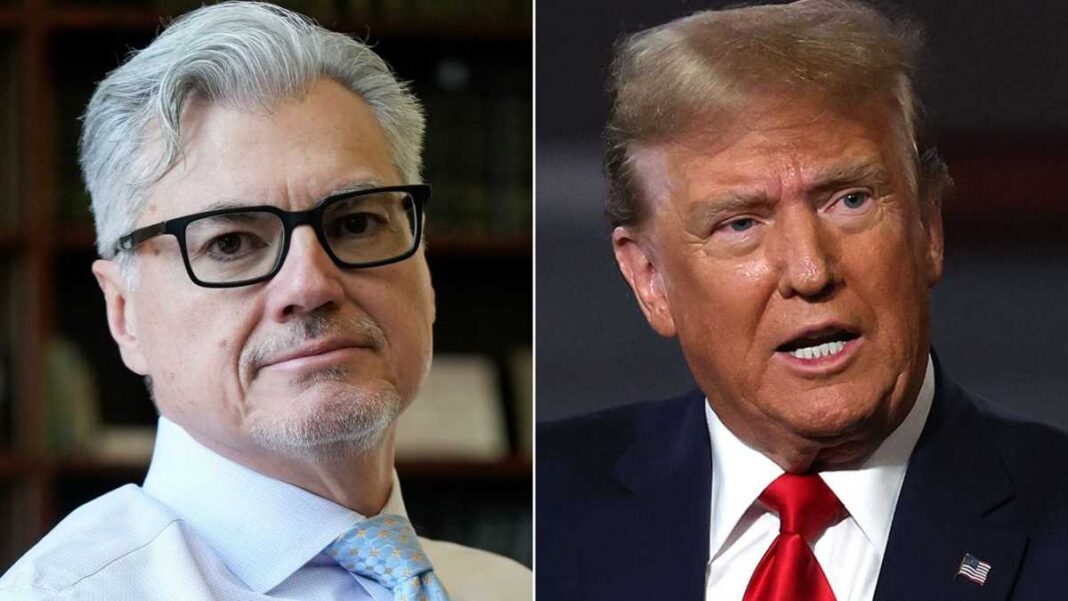NY Appeals Court Denies Trump’s Request to Halt Business Records Case Before Sentencing
An appeals court in New York has rejected President-elect Donald Trump’s attempt to halt proceedings in his business records case, which is scheduled for sentencing on Jan. 10.
“After consideration of the papers submitted and the extensive oral argument, movant’s application for interim stay is denied,” a brief order from Justice Ellen Gesmer of the Appellate Division, First Judicial Department read.
The Jan. 7 decision was issued just hours after Trump’s attorney Todd Blanche filed an emergency request with the court.
“To go forward with a sentencing, with its inevitable threat of stigma, opprobrium, and potential criminal penalties, would pose risks to America’s vital interests that are intolerable and unconstitutional under the Supremacy Clause and the doctrine of Presidential immunity,” Blanche said in a filing obtained by Lawfare.
The emergency filing was made after New York Supreme Court Justice Juan Merchan rejected Trump’s attempt to delay sentencing.
Trump had asked Appellate Division, First Judicial Department—the intermediate appellate court in New York—to review Merchan’s rulings on his claims of presidential immunity.
Trump had attempted to get the case dismissed, stating that he enjoyed immunity from further proceedings as president-elect and that the prosecution improperly used evidence prohibited by the doctrine of presidential immunity. Merchan disagreed, set sentencing for Jan. 10, and denied Trump’s request for a delay.
“This court has considered Defendant’s arguments in support of his motion and finds that they are for the most part, a repetition of the arguments he has raised numerous times in the past,” Merchan said in his decision on Jan. 6.
In a filing submitted earlier that day, Trump’s attorneys argued that the president-elect’s pursuit of an appeal meant proceedings in the court should be automatically stayed.
Trump’s emergency filing was lodged less than two weeks before his inauguration on Jan. 20 and follows the dismissal of two federal cases against him.
By Sam Dorman







